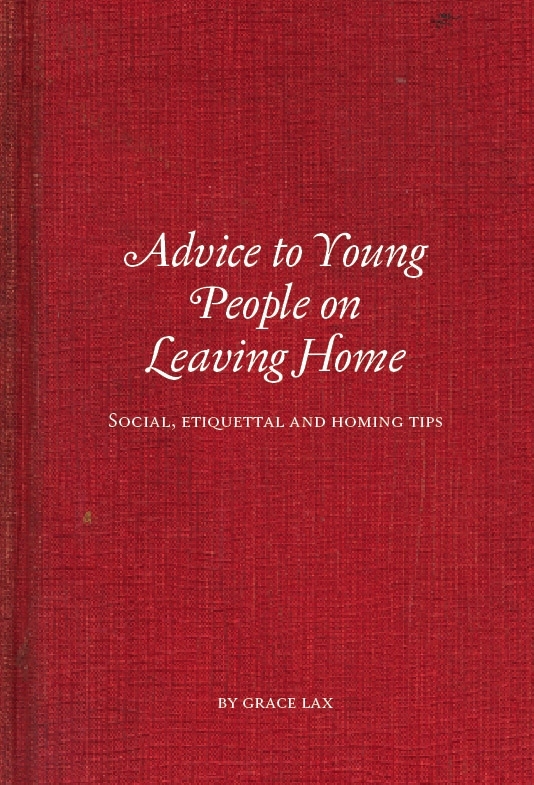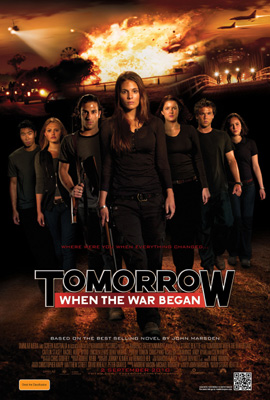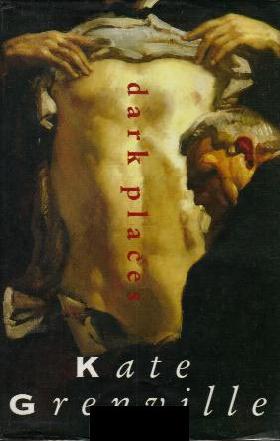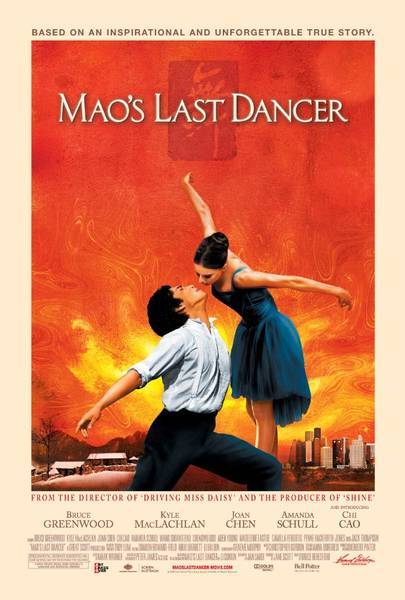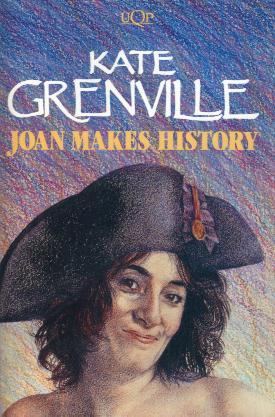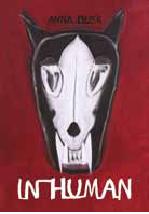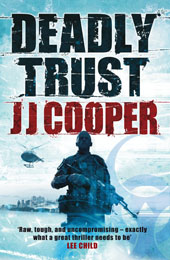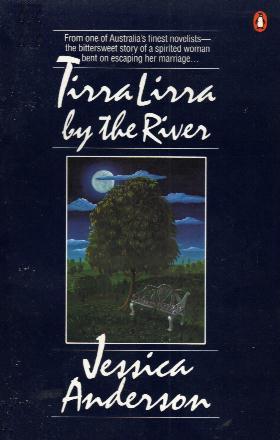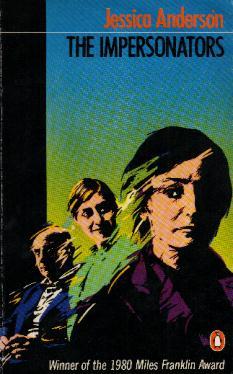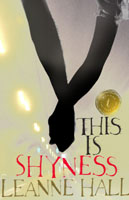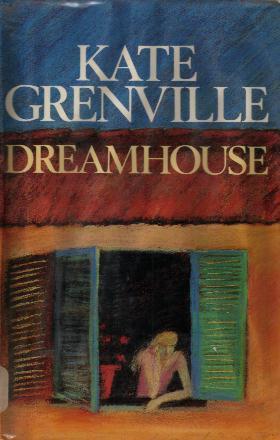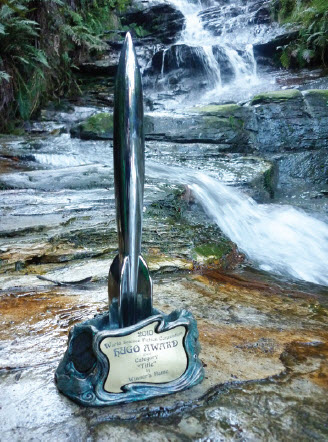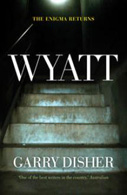 |
|
Wyatt
Garry Disher
Text Publishing
2010 |
[This novel won the 2010 Ned Kelly Award for Best Fiction.]
From the publisher's page
Wyatt's been away. Now he's back.
Garry Disher's cool, enigmatic anti-hero has been, uncharacteristically, out of action for a while. Now there's a new Wyatt--and his legion of fans will not be disappointed.
The job's a jewel heist. The kind Wyatt likes. Nothing extravagant, nothing greedy. Stake out the international courier, one Alain Le Page, hold up the goods in transit and get away fast.
Wyatt prefers to work alone, but this is Eddie Oberin's job. Eddie's very smart ex-wife Lydia has the inside information. Add Wyatt's planning genius and meticulous preparation, and what could possibly go wrong?
Plenty. And when you wrong Wyatt, you don't get to just walk away.
Taut plots, brilliant writing and relentless pace; plus an unforgettable cast, including the ever-elusive Wyatt himself: these are the hallmarks of Garry Disher's Wyatt series.
Reviews
Graeme Blundell in "The Australian": "In Wyatt, Disher revives the series' character loosely borrowed from Richard Stark's famous hard-nosed thrillers about an American career criminal known as Parker. Parker defines amoral: he murders, robs, and extorts as the need takes him. Just as Wyatt does. And like Stark, Disher never invites us to judge Wyatt; just to watch him work. Motivated only by self-interest, the professional thief was without conscience, the success of his life measured only in birthdays. Robbery, sometimes murder, always betrayal; too many grievances and shot nerves, too many bolt holes with low ceilings, wiry carpets the consistency of a kitchen scourer and Aborigines on black velvet in wooden frames on the walls.
"The last Wyatt book, The Fallout, appeared in 1997 and Wyatt was tired. For the first time, he was beginning to question his life. Disher left him to hide away while he developed his brilliant Detective Inspector Hal Challis in an ensemble procedural series set on Victoria's Mornington Peninsula.
"Disher's police fiction is a kind of barometer of prevailing social forces and tensions in the community, especially in the outlying badlands of Australia's coastal towns, where he sets acts of deep, dark, destructive psychology.
"With Wyatt, he's back in the big smoke. All we learn at the outset is that the thief has been away for some years. The rest is rumour, the kind that makes people apprehensive, and that's fine with Wyatt."
Sue Turnbull in "The Sydney Morning Herald": "The first sentence of Wyatt reads: 'Wyatt was waiting to rob a man of $75,000.' Waiting, as we have come to appreciate, is a condition of Wyatt's existence. Indeed, it is his capacity to wait, quietly and coolly, which is the secret of his success. Unlike the rest of the human race, Wyatt never acts hastily. His every move is calculated and efficient. One can't help but admire him for that economy of motion even if he is a crook.
"But there are mitigating factors to his thievery. Wyatt has a code. He only steals from the corrupt and foolish, which makes him almost as endearing as Robin Hood. The man he is waiting to steal from is a corrupt harbourmaster taking bribes. The big heist that constitutes the major plot line involves stealing from jewellers who are themselves fencing stolen jewellery.
"The complicating factors in this endeavour include another effective career criminal who is not impressed by Wyatt's intrusion. The dastardly Frenchman Alain Le Page differs from Wyatt in only one critical dimension: he has no code. Nor has the mesmerising Khandi Kane (not her real name), who erupts into the action like a creature from the black lagoon of a perverse masculine fantasy. Khandi, a former pole dancer, thrusts herself into the middle of a muddle, which begins with Le Page and stops with Wyatt, while completely stealing the show. Wyatt is wicked and wonderful. Welcome back, Wyatt."
Chris Flynn on "The Book Show": "Disher apparently wrote this latest tale due to constant requests from readers, which might indicate a previous knowledge is required. Given the story is set entirely in Melbourne, it's actually very accessible for anyone coming to his work for the first time. You don't need to have read any previous Wyatt novels. Melbourne is in fact a character all itself in this, with Disher providing vivid descriptions of the Southbank apartment block where Wyatt lives, the Vic market, Frankston, High Street Armadale and the Botanic Gardens. It's kind of exciting sitting back to watch a fast-paced crime thriller play out in such familiar surroundings...There's real technique on show here. Disher wastes no time and keeps his prose terse. The dialogue is sharp and most importantly, not so Aussie that it jars. That perhaps explains why his books are so popular overseas. And when it comes to action, it's so fast and hard-written that it becomes a blur, a flurry of activity that dazzles the senses. Next thing you know, someone's dead and you're left reeling. It's quite an art writing fiction of any kind that makes the reader want to devour the whole book in one sitting. In that respect, Disher succeeds where most writers fail. Wyatt is a thrill-laden pleasure. I can't wait to read the others."
Short notices
Karen on the "Crimespace" weblog: "It's been quite a wait for the latest WYATT novel - The Fallout was published in 1997. I for one was rather excited to hear the news that there was a book on the way last year and I've been somewhat impatiently waiting for it to appear since then. As with all these greatly anticipated books, there's always that nasty little voice at the back of your head wondering if the anticipation might be building an unreasonable expectation.
"But this is a Garry Disher novel, and it's a WYATT novel and it's almost impossible to contemplate the idea of disappointment. Partly because these books are so incredibly well written; partly because Wyatt is such a tremendous character; and partly because there is absolutely nothing like a change of style. The Wyatt novels are theft / heist based novels. Not to say that people don't die in these books, but Wyatt doesn't set out to murder - he's all about the perfect plan. Intensive and careful preparation; a level of planning that makes this ex-Project Manager's heart beat all that bit faster; extreme care in the conduct of the operation; extreme care in the execution of a get out of trouble fallback. Wyatt's a cool, hard, ruthless man who will take steps if backed into a corner. And he's very very very dangerous when crossed...Wyatt is what Wyatt does, and let's hope it's not too long before he does it all again."
"The Independent Weekly": "The thrills are solid and, even though the villains are almost caricatures because the reader is concentrating on Wyatt and willing to go with him all the way and see his adventure through to the bitter end, it doesn't matter. In this regard, the book does much more than most crime fiction because it genuinely holds the attention from the opening line to the last sentence...Yes, it's another story about theft, murder and double-cross, but in Disher's deft hands it's easy to believe that such things happen every day. For fans of the genre, this new novel is a joy."
Interviews
Jo Case for "Readings":
Wyatt is 'an old-style hold-up man: cash, jewels, paintings'. He avoids the drug scene and is restricted in what he does by the fact that new technology has outstripped his expertise. Is there a certain appeal in writing an 'old-style' criminal like him? Does this add an extra challenge for you when deciding which situations he'll be embroiled in, and how he'll deal with them?
It's probably beyond my skills to create a loveable drug dealer. The face of crime has changed with drugs. There's a greater chance of viciousness and unpredictability when greed, addiction and huge profit potential are involved. Besides, it's more fun, and somehow more worthy, to show Wyatt holding up a payroll van rather than ripping off an addict or a dealer. The problem for me (and him) is finding ways to get the cash without having to hire a dozen guys with specialist technical know-how and gadgetry, not to mention showing the reader how it all works.
Your books - both the Wyatt and Challis and Destry series - are often very Melbourne in tone. Wyatt evokes a range of city locations, from Frankston's teenage mothers, to dodgy stallholders at the Queen Vic markets, architectural monstrosities in Mount Eliza and young yuppies in Southbank. How important is place to your writing?
Setting should be a vital element of all fiction and it's crucial in crime fiction. From a writing craft point of view, I can't see the characters until I see the ground they walk on, and vice versa. Setting is useful in all kinds of ways: adding to our sense of the characters, creating an appropriate mood (e.g., distress), appealing to our senses (we've all had a bus belch on us), and, more broadly, showing the social as well as the topographical diversity of a region.
Extract
You can read an extract from the novel on the author's website.
